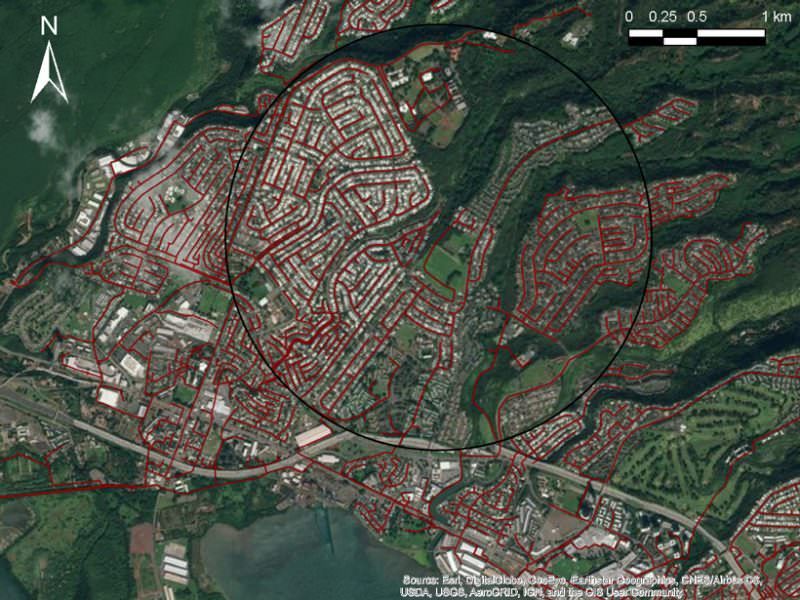Urban Sewers Evolve Similarly to River Networks
Published on by Water Network Research, Official research team of The Water Network in Academic
Like river systems, engineered drainage networks become increasingly fractal as they grow.
By Sarah Stanley
Beneath city streets, sewer systems direct the flow of wastewater toward treatment plants. Sewer pipe networks also drain storm water to prevent urban flooding.
These urban networks perform a landscape drainage function similar to that of natural river networks. Now, a new study by Yang et al. demonstrates for the first time that the two network types also evolve similarly over time.
A community’s unique needs and setting often drive the careful engineering of its urban drainage network. However, few studies have investigated these networks from the standpoint of network scaling theory, a mathematical approach that is increasingly used to better understand urban infrastructure.
In the new study, the researchers used network theory to explore whether urban drainage networks evolve according to the same mathematical relationships that govern river systems. These mathematical patterns are universally found in all rivers on Earth and even on other planets.
The authors focused on sanitary sewers in the Hawaiian cities of Wahiawa and Honouliuli, as well as a sanitary sewer in a large Asian city whose water utility authority provided data under the condition that the city’s name remain anonymous.
Read full article: EOS

The sanitary sewer networks on Oahu Island, Hawaii. New research shows that sewer networks evolve in a fractal way similar to rivers. Inside the circle, the more detailed layout of sewer networks is shown. Credit: Soohyun Yang, combining image from GoogleEarth, via Earth System Research Laboratory, and open source sewage network data from the City and County of Honolulu, Department of Planning and Permitting
Research Article - Functional Topology of Evolving Urban Drainage Network
Soohyun Yang, Kyungrock Paik, Gavan S. McGrath, Christian Urich, Elisabeth Krueger, Praveen Kumar, P. Suresh C. Rao
Abstract

Paper source: AGU Publications
Media
Taxonomy
- Sewage Treatment
- Sewage
- Integrated Infrastructure
- Urban Water Infrastructure
- Infrastructure Management
- Sewer Networks
- green infrastructure
1 Comment
-
As rivers and (most) sewers depend on gravity to function, it follows that they will follow similar patterns, HOWEVER, it is wrong to describe them as NETWORKS as they are dendritic in nature.